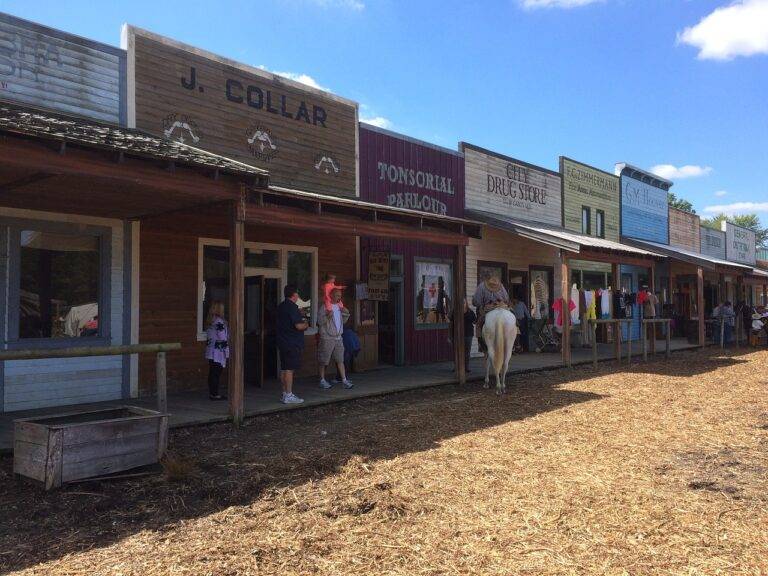The Influence of Social Media on TV Show Fan Bases
Fan communities on social media have experienced a significant surge in recent years. Platforms like Twitter, Instagram, and Tumblr have provided spaces for fans to come together and engage in discussions, share theories, and express their love for their favorite TV shows. These online communities have become virtual hubs where fans can connect with like-minded individuals from around the world.
The rise of fan communities on social media has revolutionized the way people interact with television shows. Fans are no longer passive consumers but active participants who can shape the conversation around their favorite series. Show creators and actors often take note of these online communities, incorporating fan feedback and reactions into their work. The sense of community and belonging that fans experience in these online spaces has fostered a deeper connection to the shows they love.
Engagement and Interaction Among TV Show Fans
Fan communities of TV shows have thrived on social media platforms, providing a virtual space for enthusiasts to express their love for their favorite series. With the rise of hashtags, memes, and discussion threads, fans have found creative ways to engage with each other and the show’s creators. This interaction is not limited to just sharing thoughts and opinions but extends to fan art, fan fiction, and even virtual watch parties.
The immediacy of social media allows fans to connect in real-time during airing episodes, sparking debates, theories, and emotional reactions. Whether through live-tweeting or reacting to plot twists on Facebook groups, fans are actively participating in shaping the overall viewing experience. These interactions not only deepen fans’ connection to the show but also create a sense of community and shared identity among viewers from different corners of the world.
Social Media Platforms as a Tool for Fan Expression
Fan expression has found a dynamic outlet through the various social media platforms available today. Fans of TV shows, movies, books, and celebrities have seized the opportunity to share their thoughts, theories, and creations with a global audience instantaneously. From creating fan art to writing fanfiction to engaging in lively discussions, social media platforms provide a space where fans can freely express their passion and creativity.
Moreover, social media platforms have allowed fans to connect with like-minded individuals who share their enthusiasm for a particular show or fandom. These online communities serve as a virtual meeting place where fans can bond over their shared interests, forming friendships and relationships that transcend geographical boundaries. Through the power of hashtags, tagging, and social sharing, fan expression has evolved into a collaborative and interactive experience that enriches the overall viewing and cultural consumption of entertainment media.
How have fan communities evolved with the rise of social media platforms?
Fan communities have grown significantly on social media platforms, allowing fans to connect with each other in real-time, share their thoughts and opinions, and engage with the content they love.
What role does engagement and interaction play among TV show fans on social media?
Engagement and interaction are key components of fan communities on social media, as they allow fans to discuss plot twists, share fan theories, and bond over their shared love for a TV show.
How do social media platforms serve as a tool for fan expression?
Social media platforms provide fans with a space to express their love for a TV show, share fan art, create fan fiction, and interact with other fans who share their passion.
What are some benefits of using social media platforms for fan expression?
Some benefits include connecting with like-minded individuals, gaining insights into the show from other fans, and feeling a sense of community and belonging within the fan base.
Are there any drawbacks to using social media platforms for fan expression?
Some drawbacks may include encountering spoilers, facing toxic behavior from other fans, or feeling pressure to conform to certain fan opinions. However, overall, the benefits often outweigh the drawbacks for many fans.





